Find Help
More Items From Ergsy search
-
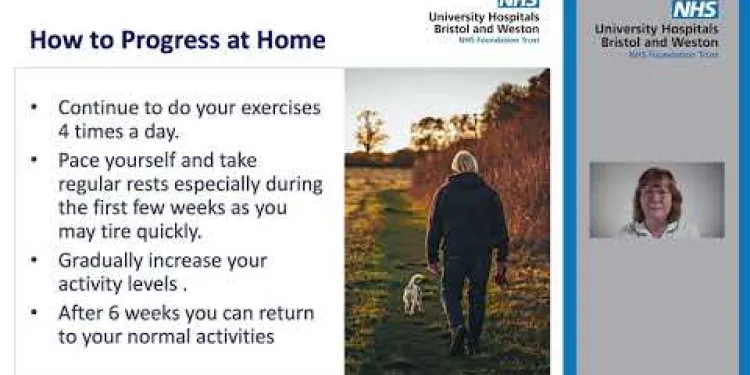
Enhanced Recovery - Hip
Relevance: 100%
-
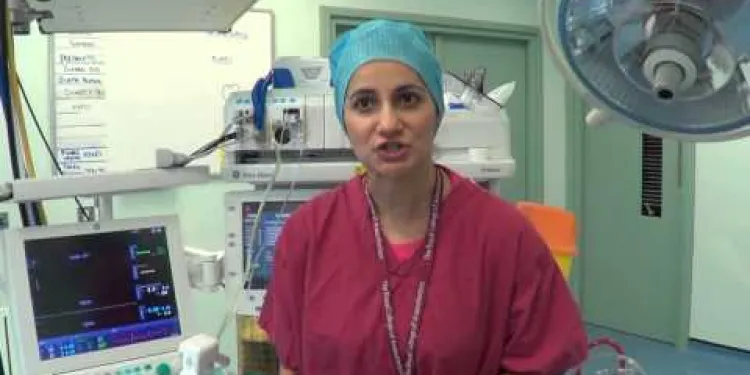
Enhanced Recovery After Surgery in Forth Valley
Relevance: 98%
-
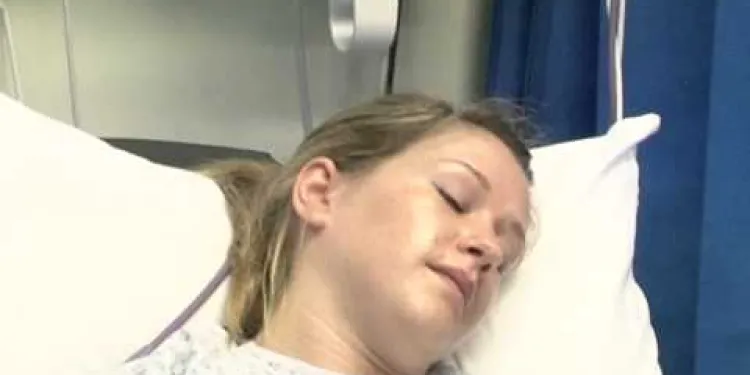
Enhanced Recovery YouTube
Relevance: 97%
-

How do AI-assisted robotic systems enhance lung cancer surgeries?
Relevance: 68%
-

What is the recovery time after Carpal Tunnel Surgery?
Relevance: 66%
-
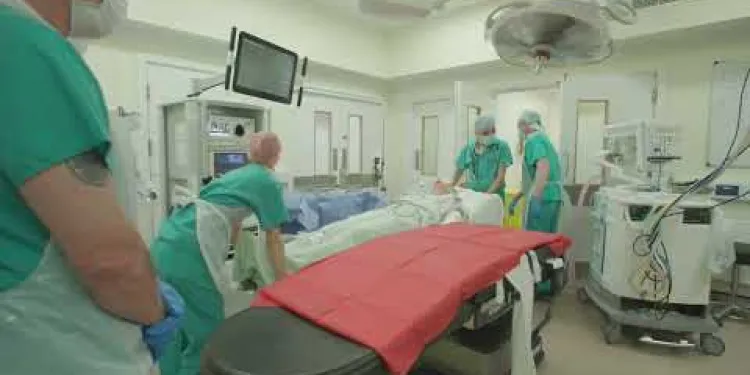
Prostate Surgery
Relevance: 51%
-
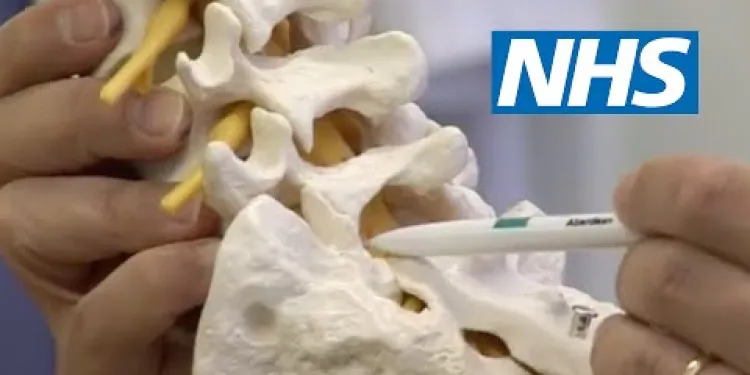
Lumbar surgery | NHS
Relevance: 50%
-
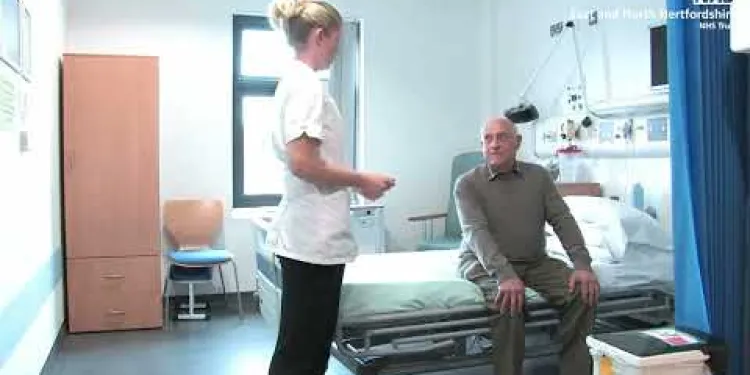
A journey to hip surgery
Relevance: 50%
-

What is the recovery time for a hip replacement?
Relevance: 50%
-

What is the recovery time for a facelift?
Relevance: 47%
-

Evidence-Based Interventions: haemorrhoid surgery
Relevance: 46%
-
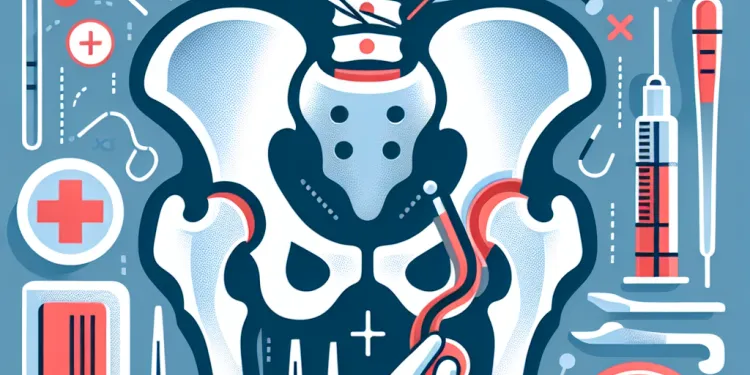
What is minimally invasive hip replacement surgery?
Relevance: 46%
-

When is surgery recommended for BPH?
Relevance: 46%
-

How does surgery treat prostate cancer?
Relevance: 45%
-
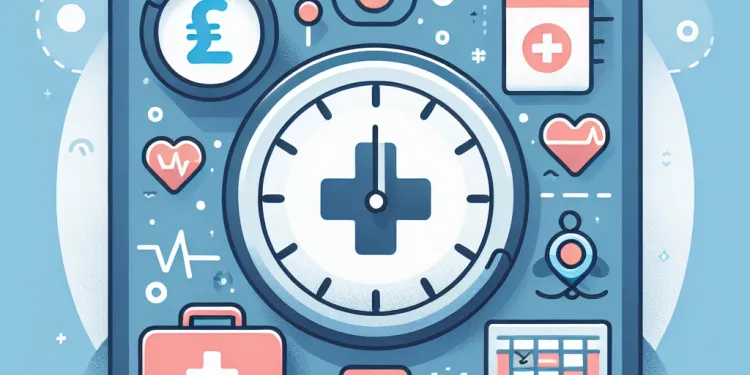
How long is the recovery time after an appendectomy?
Relevance: 45%
-

How do I prepare for hip replacement surgery?
Relevance: 45%
-

How long does a hip replacement surgery take?
Relevance: 44%
-
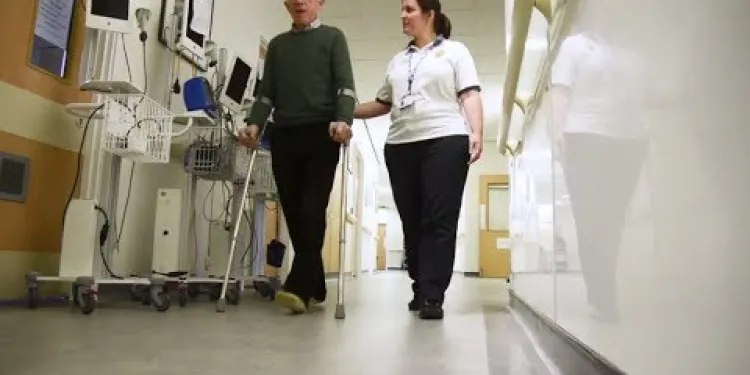
Having a hip replacement - Part Two: Recovery
Relevance: 44%
-

How do I know if my surgery is considered elective or urgent?
Relevance: 43%
-

What should I avoid doing during the recovery period?
Relevance: 43%
-

On the day of your cataract surgery
Relevance: 43%
-
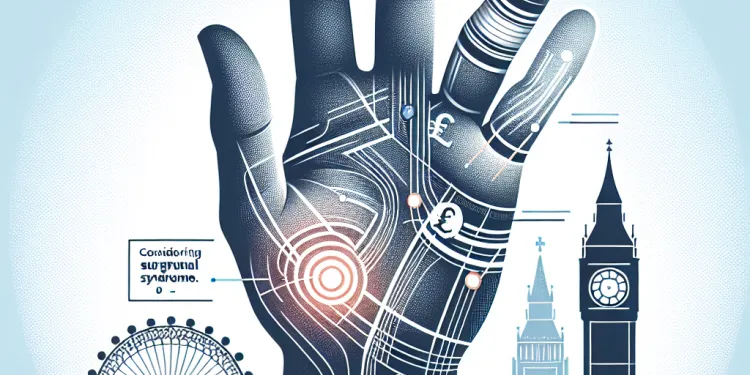
When should I consider surgery for Carpal Tunnel Syndrome?
Relevance: 43%
-
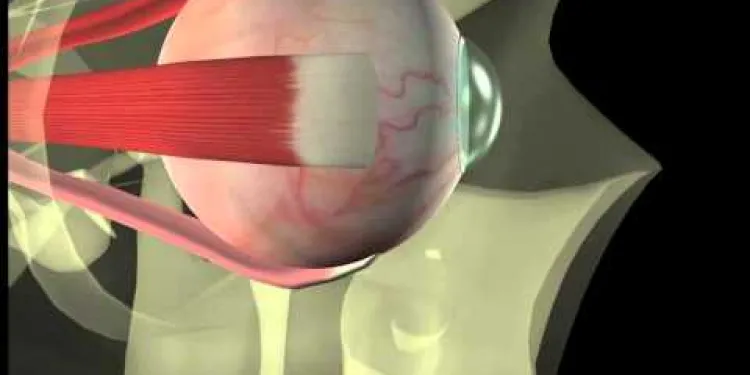
Thyroid eye disease. Squint surgery - The operation
Relevance: 42%
-
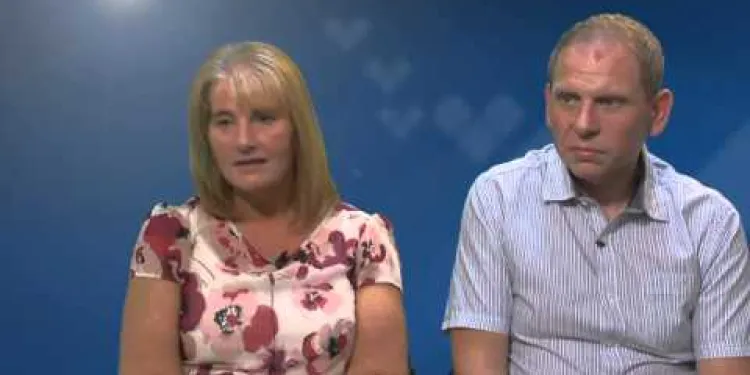
Weight Loss Surgery
Relevance: 42%
-

Is surgery necessary for Crohn's disease?
Relevance: 42%
-
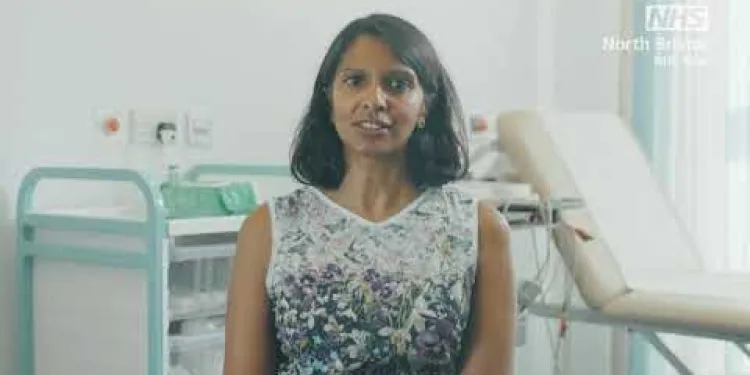
Inpatient Surgery at North Bristol NHS Trust
Relevance: 42%
-

What does Carpal Tunnel Syndrome surgery involve?
Relevance: 42%
-

What type of anaesthesia is used during hip replacement surgery?
Relevance: 41%
-

Undergoing day case surgery at University Hospitals Bristol
Relevance: 41%
-
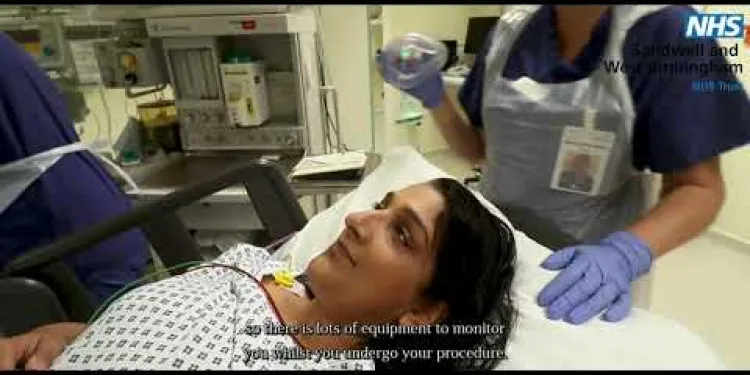
What to expect when visiting our hospitals for surgery | Theatres
Relevance: 41%
-
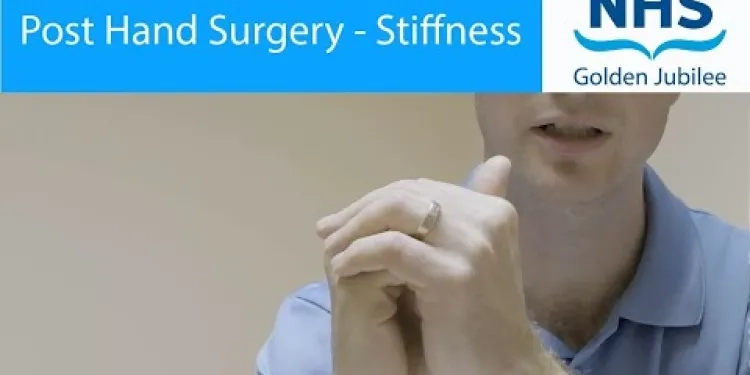
Post hand surgery - Stiffness management and trigger finger
Relevance: 41%
-

How much does hip replacement surgery cost in the UK?
Relevance: 40%
-

Why is it important to update my account recovery information?
Relevance: 40%
-

What is the likelihood of needing surgery for suspected appendicitis?
Relevance: 40%
-
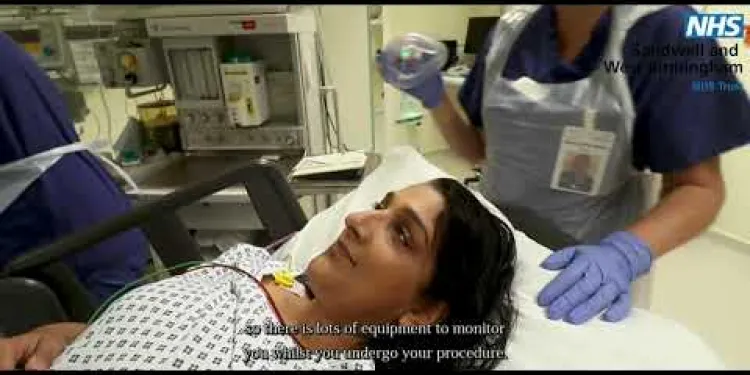
What to expect when visiting our hospitals for surgery | Theatres
Relevance: 39%
-

How do mixed exercises enhance flexibility?
Relevance: 38%
-
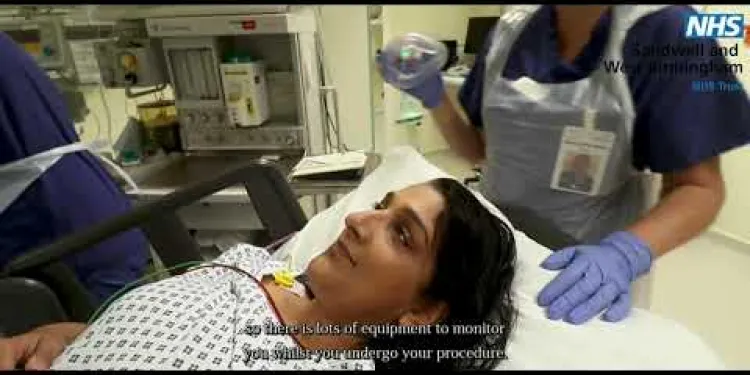
What to expect when visiting our hospitals for surgery | Theatres
Relevance: 38%
-

What lifestyle changes can aid in prostate cancer recovery?
Relevance: 37%
-
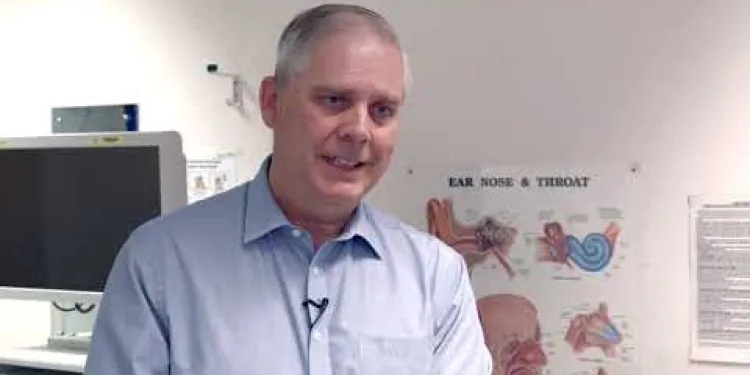
Evidence-Based Interventions: tonsillectomy for recurrent tonsillitis surgery
Relevance: 37%
-
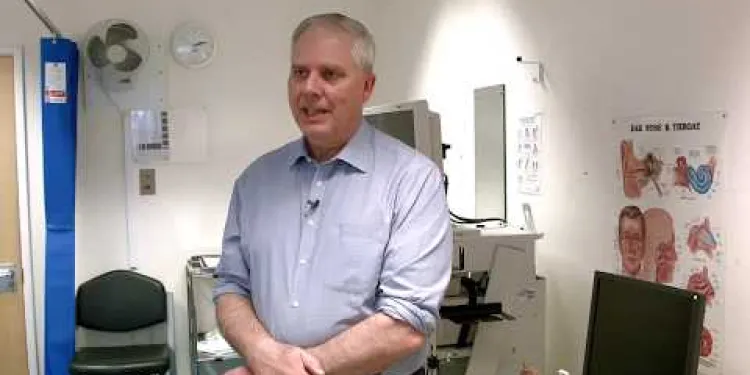
Evidence-Based Interventions: snoring surgery in the absence of Obstructive Sleep Apnoea (OSA)
Relevance: 37%
Enhanced Recovery After Surgery (ERAS) in Forth Valley
Introduction to ERAS
Enhanced Recovery After Surgery (ERAS) is a comprehensive perioperative care protocol designed to improve surgical outcomes and speed up recovery times for patients. Originating from practices in the United Kingdom, ERAS has been widely adopted in Forth Valley to provide high quality surgical care.
Core Principles of ERAS
The core principles of ERAS revolve around evidence-based practices, optimising preoperative, intraoperative, and postoperative phases of surgery. Key principles include:
- Preoperative Preparation: Involves comprehensive patient education, nutritional optimisation, and preoperative conditioning.
- Intraoperative Management: Focuses on minimally invasive techniques, optimal anaesthesia, and fluid management to reduce surgical stress.
- Postoperative Care: Emphasises early mobilisation, pain management, and rapid postoperative nutrition to enhance recovery.
Benefits in Forth Valley
Implementing ERAS protocols in Forth Valley hospitals has demonstrated substantial benefits:
- Reduced Hospital Stay: Efficient recovery processes have significantly decreased the length of hospital stays.
- Lower Complications: ERAS protocols reduce the risk of postoperative complications such as infections and deep vein thrombosis.
- Improved Patient Satisfaction: Patients report higher satisfaction levels due to quicker recoveries and better overall experiences.
- Cost-Effectiveness: Shorter hospital stays and fewer complications translate to cost savings for healthcare providers.
Local Implementation and Success Stories
In Forth Valley, NHS Forth Valley has been at the forefront of implementing ERAS protocols across various surgical specialties including colorectal, orthopaedic, and gynaecological surgeries. Success stories from the area highlight significant improvements in patient outcomes and overall healthcare efficiency.
Future Prospects
As the ERAS programme continues to expand in Forth Valley, ongoing research and continuous improvement in protocols ensure that patients receive the best possible care. Collaboration among multidisciplinary teams and patient engagement remain key components in the success and future development of ERAS.
Conclusion
Enhanced Recovery After Surgery in Forth Valley represents a pivotal advancement in surgical care. By adhering to the principles of ERAS, healthcare providers in Forth Valley are able to deliver superior patient outcomes, reduce hospital stays, minimise complications, and improve overall healthcare efficiency.
Enhanced Recovery After Surgery (ERAS) in Forth Valley
What is ERAS?
Enhanced Recovery After Surgery (ERAS) is a way to help people get better faster after surgery. This plan started in the UK and is used in Forth Valley to give the best care for patients having surgery.
Important Parts of ERAS
ERAS has important steps that help in three main times: before surgery, during surgery, and after surgery. These include:
- Getting Ready Before Surgery: Patients are taught what to expect, eat well, and do exercises.
- Care During Surgery: Doctors use gentle techniques and manage pain and fluids carefully.
- Care After Surgery: Patients start moving soon, manage pain, and eat well to get better quickly.
How Does ERAS Help in Forth Valley?
Using ERAS in Forth Valley hospitals has many good effects:
- Shorter Hospital Stay: People go home sooner after surgery.
- Fewer Problems: There are fewer risks like infections or blood clots.
- Happy Patients: Patients feel better about their care and recover faster.
- Saving Money: Shorter stays and fewer problems help save money for hospitals.
Success Stories in Forth Valley
In Forth Valley, NHS Forth Valley is a leader in using ERAS for different surgeries like bowel, bone, and women’s surgeries. Many stories show that patients get better results and healthcare is better overall.
The Future of ERAS
As ERAS grows in Forth Valley, researchers keep improving the ways to help patients. Teamwork among doctors and talking with patients are very important for success.
Conclusion
ERAS is a big step forward for surgeries in Forth Valley. By following ERAS, hospitals can help patients get better quicker, stay in the hospital for a shorter time, and have fewer problems after surgery.
Frequently Asked Questions
What is Enhanced Recovery After Surgery (ERAS)?
Enhanced Recovery After Surgery (ERAS) is a patient-centred, evidence-based approach aimed at helping people recover more quickly after surgery. It involves a set of protocols that optimize surgical outcomes and improve patient experience.
Which surgeries does the ERAS program cover in Forth Valley?
The ERAS program in Forth Valley covers a range of surgeries including colorectal surgery, orthopaedics, gynaecology, and urology.
What are the main components of the ERAS protocol?
The main components of the ERAS protocol include preoperative counselling, optimal nutrition, minimization of narcotics, early mobilization, and pain management techniques.
How can I prepare for surgery under the ERAS program?
Preparation involves preoperative counselling, optimizing nutritional status, quitting smoking, and managing any pre-existing conditions. Specific instructions will be provided by your healthcare team.
Will I have to follow a special diet before and after surgery?
Yes, you might be required to follow a carbohydrate-rich diet before surgery and a high-protein diet afterward to facilitate recovery. Your healthcare team will provide specific dietary recommendations.
How does ERAS impact pain management post-surgery?
ERAS protocols emphasize multimodal pain management, which reduces the reliance on opioids and incorporates other methods like regional anaesthesia, neuropathic pain agents, and non-steroidal anti-inflammatory drugs.
What is the role of early mobilization in ERAS?
Early mobilization is crucial in ERAS as it helps to reduce the risk of complications such as blood clots and pneumonia, and speeds up the recovery process.
How soon can I expect to be discharged after surgery?
Discharge times vary depending on the type of surgery and individual recovery progress, but ERAS aims to reduce the length of hospital stays significantly, often allowing discharge within a few days of surgery.
What should I do if I experience complications after surgery?
You should contact your healthcare provider or the surgical team immediately if you experience any complications such as signs of infection, severe pain, or unexpected swelling.
Can ERAS protocols be adjusted for older adults?
Yes, ERAS protocols can be tailored to meet the needs of older adults, taking into account their overall health and any comorbid conditions.
What are the benefits of following the ERAS program?
Benefits include faster recovery, reduced risk of complications, shorter hospital stays, decreased pain, and overall improved patient satisfaction.
Are there any risks associated with the ERAS program?
While ERAS protocols aim to reduce risks, all surgical procedures carry potential risks. It's important to discuss any concerns with your healthcare team.
How is my family involved in the ERAS process?
Family members are encouraged to support and assist with various aspects of recovery, such as helping with mobilization and ensuring you follow postoperative care instructions.
Will I need physical therapy after surgery?
Depending on the type of surgery and your individual needs, you may require physical therapy to help with recovery. Your healthcare team will assess and provide recommendations.
Where can I find more information about the ERAS program in Forth Valley?
More information can be found on the NHS Forth Valley website or by speaking to your healthcare provider who can provide detailed guidance specific to your needs.
What is Enhanced Recovery After Surgery (ERAS)?
Enhanced Recovery After Surgery, called ERAS, helps people get better faster after an operation.
It uses simple ways to help you heal, like good food, walking, and less pain medicine.
Talk to your doctor or nurse. They can help you understand ERAS better.
Getting better after surgery can be made easier. There is a plan called Enhanced Recovery After Surgery (ERAS). It helps people feel better faster after an operation. ERAS uses special steps to make sure surgery goes well and to make sure patients feel good during their recovery.
Here are some tips to help with understanding and remembering:
- Use pictures or drawings to help explain the ideas.
- Read the text slowly and take your time.
- Ask someone for help if you don't understand a word.
- Use apps or tools that read aloud to you.
What surgeries can you have with the ERAS program in Forth Valley?
The ERAS program in Forth Valley is about helping people who have different types of surgery. These surgeries include tummy surgeries, bone surgeries, women’s health surgeries, and surgeries for the bladder and kidneys.
What are the main parts of ERAS?
ERAS helps patients recover from surgery. Here are the main parts:
- Before Surgery: Patients get ready with tips on eating and exercise. This helps them be strong for the surgery.
- During Surgery: Doctors use ways that are gentle on the body. This means patients can recover faster.
- After Surgery: Patients start moving and eating as soon as they can. This helps them feel better quickly.
Helpful tools:
- Use a calendar to plan check-ups and medicine.
- Ask a friend or family member for help.
- Watch or listen to videos that explain each step.
The ERAS plan helps people get better after surgery. It has a few important steps:
- Talking with the doctor before surgery. This helps you know what will happen.
- Eating the right food to stay strong.
- Using less strong pain medicine.
- Getting up and moving soon after surgery.
- Doing things to help with pain that are not medicine.
Some things help make this easier, like:
- Using pictures or drawings to help understand.
- Asking someone to explain words you don't know.
- Listening to someone read it to you.
How to Get Ready for Surgery with the ERAS Program
Surgery is when doctors fix something inside your body. ERAS is a plan to help you get better faster after surgery. Here is how you can get ready:
- Talk to your doctor. Ask questions if you do not understand.
- Eat healthy food. It can help your body stay strong.
- Exercise if you can. It makes your body ready for surgery.
- Stop smoking. Smoking can make it harder to get better.
- Get plenty of sleep. Rest helps your body heal.
- Use tools to remember things. You could write notes or ask for help from someone you trust.
These steps can help you feel ready and get better faster after your surgery.
Before an operation, you need to get ready. Here are some things to do:
- Talk with your doctor about the operation.
- Eat healthy foods to get stronger.
- If you smoke, try to stop smoking.
- Take care of any health problems you already have.
Your doctor will tell you exactly what you need to do. If you have questions, you can use tools like picture charts or ask someone you trust to help explain.
Do I need to eat special foods before and after my surgery?
Sometimes, doctors ask people to eat certain foods after surgery. It helps you get better faster. You can ask your doctor what to eat. Your doctor will help you know what foods are good for you.
You might find it useful to have pictures of the foods you need to eat. Also, writing down meal times can help you remember.
Yes, you might need to eat more carbs (like pasta and bread) before your surgery. After surgery, you should eat more protein (like chicken and beans) to help you get better. Your doctor will tell you exactly what to eat.
How ERAS Helps with Pain After Surgery
ERAS methods help you manage pain in different ways. This means you use fewer strong pain medicines called opioids. Instead, you can use other things like special numb pills, nerve pain medicine, and medicines that stop swelling and pain.
What does early moving do in ERAS?
ERAS is a plan to help people get better after surgery. When you start moving early after surgery, it can help you feel better faster.
Moving early means standing up, walking, or doing light exercises soon after your operation.
This can help with:
- Less pain
- Less swelling
- Getting home sooner
Here are some tips to help with early moving:
- Ask a nurse or therapist to help you stand up.
- Try to walk a little bit every day.
- Use a walker or cane if you need support.
- Take deep breaths and move your legs even when in bed.
Always listen to your doctor and only do what feels safe for you.
Getting up and moving around soon after surgery is very important. It helps you get better faster. It also stops problems like blood clots and lung infections.
When can I go home after my surgery?
How long you stay in the hospital after surgery can be different for each person. It depends on the kind of surgery you have and how well you are getting better. The goal is to help people get well faster and leave the hospital sooner. Most people can go home a few days after their surgery.
What should I do if I have problems after surgery?
If you notice problems after your surgery, here’s what you can do: 1. **Tell Someone:** Talk to a doctor or nurse. Tell them how you feel. 2. **Get Help Quickly:** If it hurts a lot or you feel very sick, ask for help right away. 3. **Use Pictures:** Sometimes, drawing how you feel can help explain it better. 4. **Write it Down:** Make a list of what hurts or feels wrong. This can help you remember. 5. **Ask Questions:** It’s good to ask questions. You can ask what happens next and what to do. Stay calm and remember, doctors and nurses are there to help you feel better.If you feel very sick after surgery, talk to your doctor or nurse right away. Tell them if you have bad pain, if something really hurts, if you see swelling (when part of your body gets bigger), or if you think you might have an infection (when germs make you sick).
It's important to ask for help. You can use a notebook or your phone to keep track of how you feel. Try using calming techniques like deep breathing to ease anxiety.
Can ERAS plans be changed for older people?
ERAS plans help people get better after surgery.
Older people might need special help.
Yes, ERAS plans can be changed for older people.
The plans can make sure older people feel safe and comfortable.
If you need help reading, you can ask someone to read with you.
Yes, we can change ERAS plans to help older people. We think about their health and any other health problems they have.
Tools to help:
- Ask a doctor or nurse for advice.
- Use clear, simple words to talk about your health.
- Write down any questions you have.
What are the good things about following the ERAS program?
There are many good things:
- You get better faster.
- There are fewer problems.
- You stay in the hospital for less time.
- You feel less pain.
- Patients are happier overall.
To make reading easier, try using tools like audiobooks or text-to-speech apps. They can read the words out loud to you. You can also try breaking the text into smaller parts and taking breaks to help understand it better.
Are there any dangers with the ERAS plan?
The ERAS plan is a way to help people get better after an operation. It is usually very safe, but like everything, it can have some dangers.
Here are some things to think about:
- Talk to your doctor about the plan and ask questions.
- Tell your doctor about any problems you have with your health.
- Follow the plan carefully and ask for help if you need it.
If you find reading hard, you can ask someone you trust to read it with you. You can also use apps that read text aloud.
ERAS helps make surgery safer, but there can still be risks. Always talk to your doctor or nurse if you are worried.
How can my family help with ERAS?
Family members can help you get better after an operation. They can help you move around and make sure you follow the doctor's instructions for getting well.
Will I need help to move better after surgery?
After surgery, you might need special exercises to get better. Your doctor or nurse will check what you need and tell you what to do.
How can I learn more about the ERAS program in Forth Valley?
If you want to know more about the ERAS program in Forth Valley, you can:
- Visit a website: Search online for "ERAS program Forth Valley" for websites with information.
- Use a computer or tablet: You can use a computer or tablet to help you read and find information easily.
- Ask someone for help: If you find reading hard, ask a friend, family member, or teacher to help you read the information.
You can find more help on the NHS Forth Valley website. You can also talk to your doctor or nurse. They can tell you what you need to know.
Useful Links
Have you found an error, or do you have a link or some information you would like to share? Please let us know using the form below.
-->
This website offers general information and is not a substitute for professional advice.
Always seek guidance from qualified professionals.
If you have any medical concerns or need urgent help, contact a healthcare professional or emergency services immediately.
Some of this content was generated with AI assistance. We’ve done our best to keep it accurate, helpful, and human-friendly.
- Ergsy carfully checks the information in the videos we provide here.
- Videos shown by Youtube after a video has completed, have NOT been reviewed by ERGSY.
- To view, click the arrow in centre of video.
- Most of the videos you find here will have subtitles and/or closed captions available.
- You may need to turn these on, and choose your preferred language.
- Go to the video you'd like to watch.
- If closed captions (CC) are available, settings will be visible on the bottom right of the video player.
- To turn on Captions, click settings .
- To turn off Captions, click settings again.
More Items From Ergsy search
-

Enhanced Recovery - Hip
Relevance: 100%
-

Enhanced Recovery After Surgery in Forth Valley
Relevance: 98%
-

Enhanced Recovery YouTube
Relevance: 97%
-

How do AI-assisted robotic systems enhance lung cancer surgeries?
Relevance: 68%
-

What is the recovery time after Carpal Tunnel Surgery?
Relevance: 66%
-

Prostate Surgery
Relevance: 51%
-

Lumbar surgery | NHS
Relevance: 50%
-

A journey to hip surgery
Relevance: 50%
-

What is the recovery time for a hip replacement?
Relevance: 50%
-

What is the recovery time for a facelift?
Relevance: 47%
-

Evidence-Based Interventions: haemorrhoid surgery
Relevance: 46%
-

What is minimally invasive hip replacement surgery?
Relevance: 46%
-

When is surgery recommended for BPH?
Relevance: 46%
-

How does surgery treat prostate cancer?
Relevance: 45%
-

How long is the recovery time after an appendectomy?
Relevance: 45%
-

How do I prepare for hip replacement surgery?
Relevance: 45%
-

How long does a hip replacement surgery take?
Relevance: 44%
-

Having a hip replacement - Part Two: Recovery
Relevance: 44%
-

How do I know if my surgery is considered elective or urgent?
Relevance: 43%
-

What should I avoid doing during the recovery period?
Relevance: 43%
-

On the day of your cataract surgery
Relevance: 43%
-

When should I consider surgery for Carpal Tunnel Syndrome?
Relevance: 43%
-

Thyroid eye disease. Squint surgery - The operation
Relevance: 42%
-

Weight Loss Surgery
Relevance: 42%
-

Is surgery necessary for Crohn's disease?
Relevance: 42%
-

Inpatient Surgery at North Bristol NHS Trust
Relevance: 42%
-

What does Carpal Tunnel Syndrome surgery involve?
Relevance: 42%
-

What type of anaesthesia is used during hip replacement surgery?
Relevance: 41%
-

Undergoing day case surgery at University Hospitals Bristol
Relevance: 41%
-

What to expect when visiting our hospitals for surgery | Theatres
Relevance: 41%
-

Post hand surgery - Stiffness management and trigger finger
Relevance: 41%
-

How much does hip replacement surgery cost in the UK?
Relevance: 40%
-

Why is it important to update my account recovery information?
Relevance: 40%
-

What is the likelihood of needing surgery for suspected appendicitis?
Relevance: 40%
-

What to expect when visiting our hospitals for surgery | Theatres
Relevance: 39%
-

How do mixed exercises enhance flexibility?
Relevance: 38%
-

What to expect when visiting our hospitals for surgery | Theatres
Relevance: 38%
-

What lifestyle changes can aid in prostate cancer recovery?
Relevance: 37%
-

Evidence-Based Interventions: tonsillectomy for recurrent tonsillitis surgery
Relevance: 37%
-

Evidence-Based Interventions: snoring surgery in the absence of Obstructive Sleep Apnoea (OSA)
Relevance: 37%


